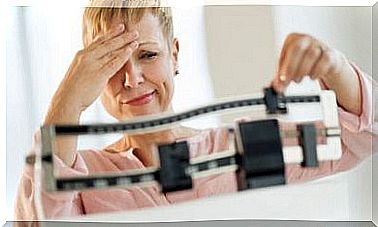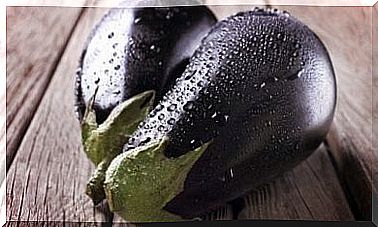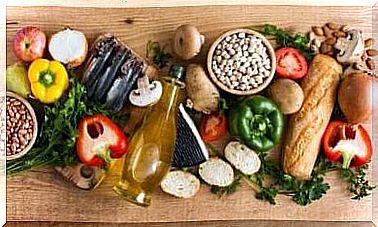Saving Water And Energy In The Kitchen: This Is How It Works!
In the kitchen we need a lot of water and energy. But today we have a few tips on how you can reduce your expenses and protect the environment at the same time.
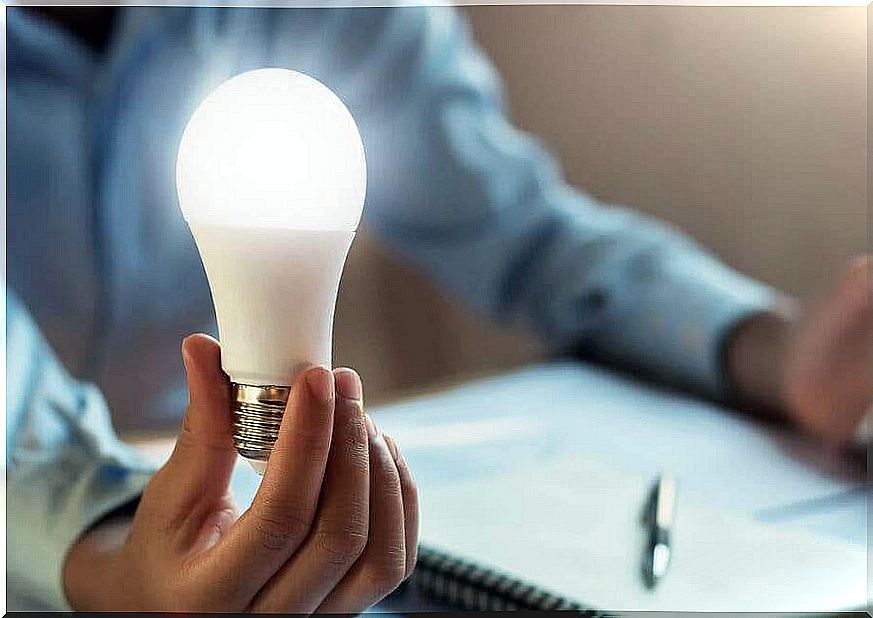
Pollution and climate change are a problem for all of us. Small measures at home are also important in order to make a contribution, no matter how small. You can also save expenses with it. We have therefore put together a few tips for you today that will help you save water and energy in the kitchen.
New statistics from the World Health Organization (WHO) show that 9 out of 10 people in the world breathe polluted air. On the other hand, UNESCO has also pointed out that there will be 40% too little water worldwide by 2030 if no measures are taken.
So when we start to save energy and water at home, we are making a small contribution to at least not making the situation worse. As is well known, water is a precious commodity and absolutely vital. If we put an end to waste, we can secure a better future for ourselves.
Are you ready to save energy and water in the kitchen? You too can make such a small contribution and save money at the same time.
How can I save energy and water in the kitchen?
We need a lot of water and energy in the kitchen. It is therefore important to be particularly attentive here and to change certain habits. We have a few tips for you.
You can use these tips to save water
Water is one of the most important resources on our planet, but unfortunately we waste enormous amounts of this precious commodity all over the world every day. By changing certain habits, we can start conserving water at home.
1. Wash fruits and vegetables in a bowl
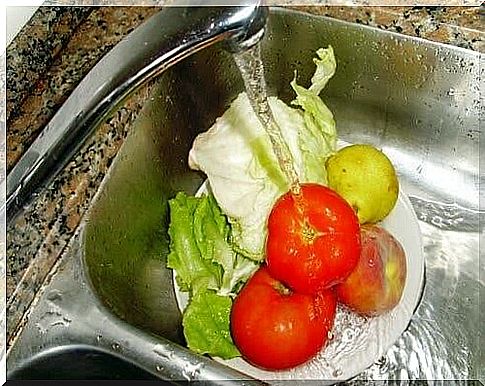
Many people wash fruits and vegetables directly under the tap water, but to save water, put them in a bowl and fill it with water. So you can easily wash this food and also use the water to water your plants!
2. Save water when washing dishes by hand
Here, too, many make the mistake of washing the dishes under running water. But you are wasting a lot of water. First remove any leftover food and then fill the sink with hot water. Then wash the dishes in this order: glasses, cups, plates, cutlery and finally pots and pans. Use soap for this and then rinse the dishes with water in the second sink.
3. Use a dishwasher
Believe it or not, the dishwasher uses less water than you would use to hand wash the same amount of dishes. If you have this household appliance, you should use it too! However, it is important to always fill the dishwasher completely, otherwise it would be a waste of energy and water.
4. Check the water taps
It is very important to maintain the faucets to prevent water leakage. If they don’t close well and keep dripping, you can lose over 20 liters of water every day!
5. Steam cooking to save water
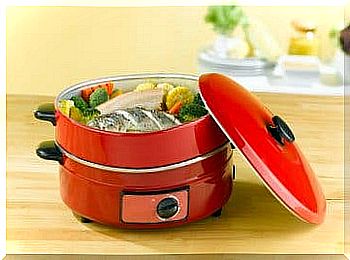
You probably know that steamed vegetables contain more nutrients than vegetables cooked in water. You also need less water for it! You can steam spinach, broccoli, pumpkin, green beans, carrots, or other vegetables.
6. Faucet attachment to save water
There are special faucet attachments that you can use to save water. They’re not very expensive and will pay off over time as you use less water.
7. Do not thaw frozen food under running water
If you forget to defrost frozen foods in time, you may want to keep them under the tap to speed up the process. This will waste a lot of valuable drinking water!
8. Use vegetable boiling water to save water
The cooking water you use to prepare vegetables is perfect for soups and sauces. You can also cook pasta in it, it would be a shame to just throw it away.
Tips to reduce energy consumption in the kitchen
Saving water and energy in the kitchen is very important not only for the household budget, but also for our nature. We have some ideas for you that will help you save energy.
1. A ++ household appliances to save energy
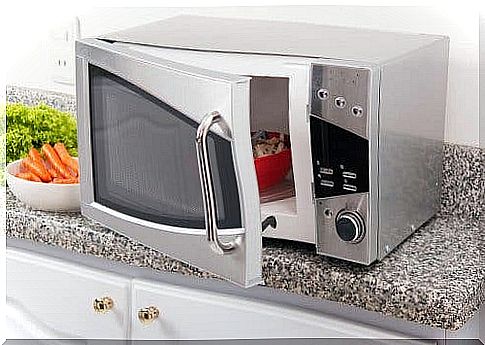
The next time you buy a new home appliance, be sure to do some research on its energy consumption. A ++ Household appliances are usually a little more expensive, but they help you save energy and costs. At the same time, you protect the environment.
2. Regulate the refrigerator temperature depending on the time of year
In winter, the refrigerator temperature does not have to be as low as in summer. It’s best to regulate the temperature to save energy. Between 3 and 5 degrees is sufficient in winter, in summer you can set the temperature to 3 degrees. Even if the difference is small, you will feel it!
3. Only put cold food in the refrigerator
Only keep food that is already cold in the refrigerator. If you put a warm meal in the refrigerator, this household appliance will use a lot more energy to cool it down. You can save yourself that!
4. Where is your fridge?
The refrigerator should never be placed near a source of heat (stove, etc.). In addition, there should be a gap between the wall and the refrigerator so that the air can circulate freely and thus prevent overheating.
5. Use the stove properly
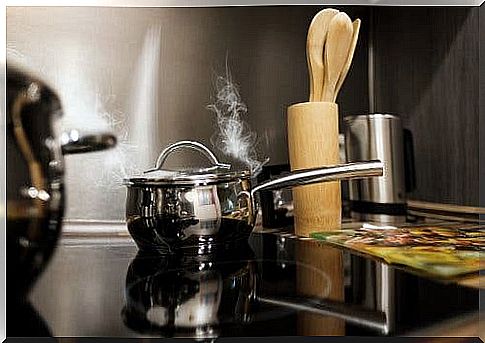
You should use the correct hob for every pan and pot. If the plate is bigger than the pot, you are wasting a lot of energy.
6. Turn off the stove and oven before the dishes are ready
The stove and oven retain the heat for a while, so you can switch off the dishes before the dishes are finished and still use the heat. Save so much energy!
7. Do not open the oven during the baking time
If you open the oven while it is baking, you will lose around 20 percent of the heat. The oven must then be reheated. If you calculate the baking times well, you can save energy by only opening it at the end of the baking time. It is also worth using the heat for several recipes in a row!
8. Unplug the devices that are not required!
Do you have a coffee machine that is always plugged in? Don’t forget that it also uses electricity when you’re not making coffee. This is the case with all electrical appliances, including microwave ovens and other household appliances.
As you can see, it is very easy to save energy and water in the kitchen with simple changes. Put these tips into practice in everyday life, because this way you can save your wallet and the environment. If you have children, they can learn and practice these good habits at the same time.



